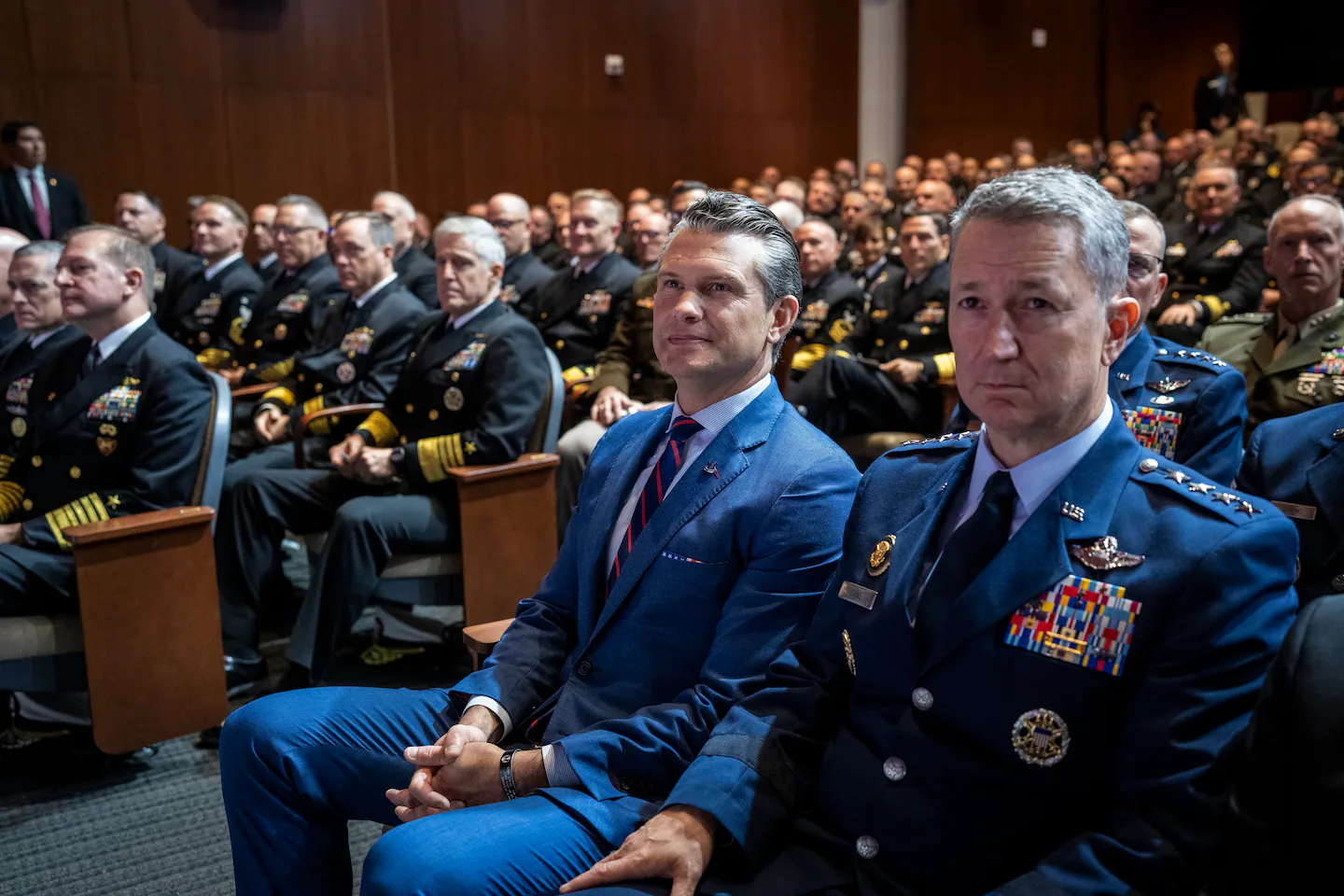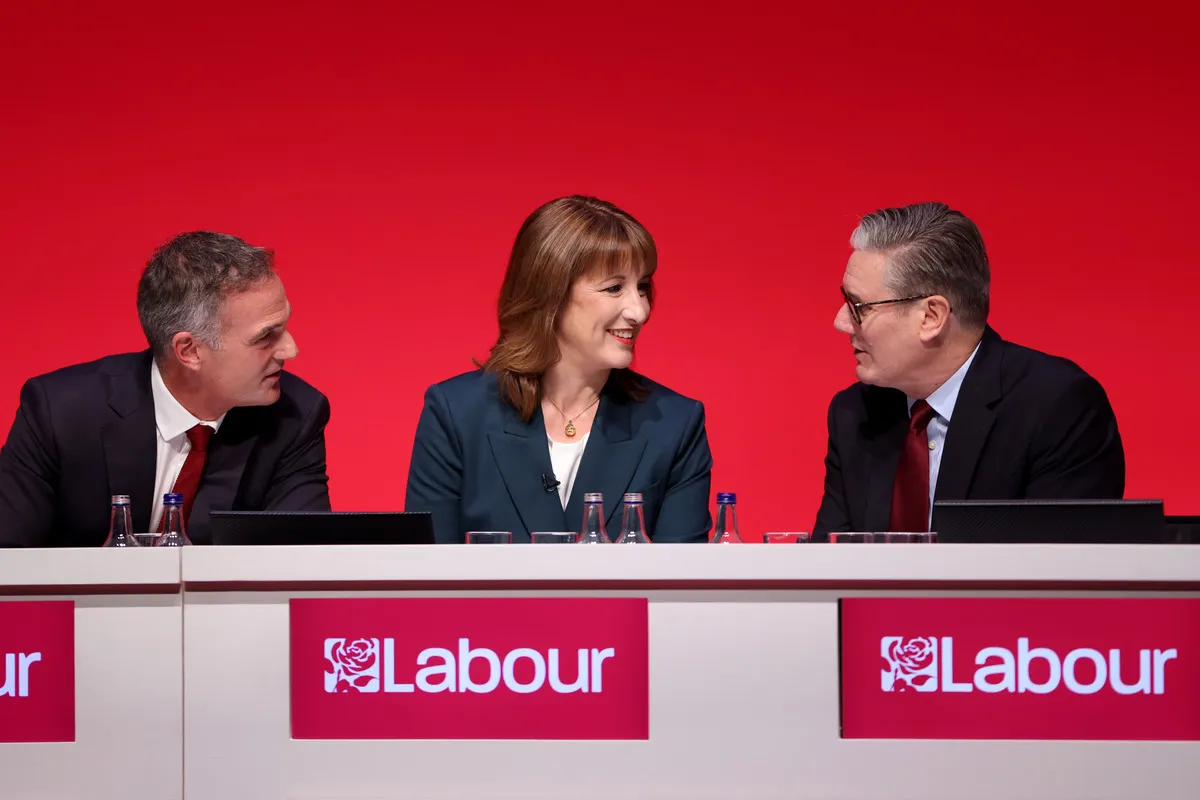Copyright The Boston Globe

Hegseth has delayed or canceled the promotions of at least four senior military officers because they previously worked for General Mark Milley, a former chair of the Joint Chiefs of Staff whom President Trump loathes and has repeatedly accused of disloyalty. One is Major General James Patrick Work, who was expected to be the deputy commander at US Central Command, which oversees troops in the Middle East, officials said. Work, one of the Army’s most combat-experienced officers, played a crucial role leading US and Iraqi troops to victory over the Islamic State group in Mosul, Iraq, during the first Trump administration. He also served as Milley’s executive officer in 2018, which might have led Hegseth to view him with skepticism, senior Army officials said. Despite the strong backing of top Army leaders, Work remains in limbo, his future uncertain, senior military officials said. Other officers fell out of favor after being targeted on social media by right-wing influencers or because they had voiced support years earlier for diversity, equity, and inclusion programs. Rear Admiral Milton Sands, the commander of the Navy SEALs, who pushed to have female instructors in SEAL training, was fired by Hegseth in August. Some leaders were ousted for offering candid military assessments. Hegseth soured on Admiral Alvin Holsey, the head of US Southern Command, after he raised questions about deadly military strikes on boats in the Caribbean Sea. The Trump administration has said, without offering detailed evidence, that the boats were trafficking drugs. Holsey abruptly announced last month that he was stepping down, less than one year into what is typically a three-year assignment. Another senior officer, Lieutenant General Jeffrey A. Kruse, a 35-year Air Force intelligence officer who led the Defense Intelligence Agency, was forced from his position after his agency cast doubt on Trump’s assertion that US airstrikes in June had “obliterated” Iran’s nuclear program. In his public appearances, Hegseth has stressed “unity” as a critical component of a lethal military. “Your strength is your shared purpose,” he told several hundred troops recently on a trip to Asia. “Your strength is the unity of our mission.” But his actions have worked to undermine that critical asset, military officials said. Hegseth, a former Fox News commentator and Army National Guard major, began his tenure by firing several high-profile military leaders, including General CQ Brown Jr., the chair of the Joint Chiefs of Staff. Since then, the defense secretary has targeted an array of officers who seemed destined to ascend to four-star rank. Sean Parnell, the Pentagon’s top spokesperson, said in a statement that the “military has never been more unified” and cited Hegseth’s work to dismantle the Biden administration’s diversity, equity, and inclusion agenda and restore the military’s “warrior ethos.” “The department will continue to elevate those in our ranks who are committed to warfighting and meritocracy,” the statement read. A new administration has the right to choose military leaders it trusts, said Kori Schake, a defense specialist who served on the National Security Council in the administration of President George W. Bush. But she worried the Trump administration was “squandering an enormous amount of talent.” The scale of the firings also has alarmed some in Congress, like Senator Elissa Slotkin, Democrat of Michigan, who previously served as a CIA officer analyzing foreign militaries. She recently described Hegseth’s moves as a “purge.” “The places where we’ve looked at these kinds of things are places like China,” she said. “I used to work on Iraq. They would do the same thing.” Another concern: Hegseth’s moves have fed the impression that there are pro-Trump and anti-Trump generals, officials said. In a September speech attended by hundreds of senior officers from around the world, Hegseth singled out several recently retired four-star generals for scorn. “The new compass heading is clear,” Hegseth told the officers gathered at Quantico, Va. “Out with the Chiarellis, the McKenzies, and the Milleys.” He was referring to General Peter W. Chiarelli, the former Army vice chief of staff, and General Kenneth F. McKenzie Jr., a former head of Central Command. Several officers in the crowd that day had worked for the generals Hegseth disparaged and considered them mentors. So, too, had more junior officers. “The message being sent to those younger soldiers and sailors and airmen and Marines is that politics can and should be part of your military service,” said Representative Jason Crow, Democrat of Colorado, a former Army Ranger. “It’s a dangerous message.” Hegseth’s personnel moves have hit several of the Army’s most admired and combat-tested leaders. In late October, he forced Lieutenant General J.P. McGee from his position as the director of strategy and war plans on the Joint Staff, military officials said. The move was reported earlier by CNN. McGee deployed 10 times to war zones, according to his military records. Work, who stepped down in August as the commander of the 82nd Airborne Division, spent nearly six years in combat zones over the course of his career. Military officials spoke on the condition of anonymity to discuss internal personnel matters at a time when the Pentagon’s culture has become increasingly punitive. Until recently, Work’s promotion seemed like a certainty. All 10 of the officers who commanded the 82nd Airborne before him were promoted to three-star rank. Nine made four-stars. It is still possible that Work will fight through Hegseth’s doubts and earn a third star, senior Army officials said. Most of the officers forced out by Hegseth are likely to land on their feet, hired by defense contractors, big companies, or universities. The biggest blow may be felt by those left behind.



